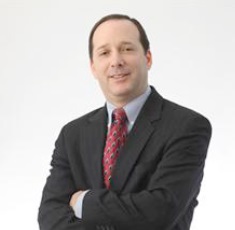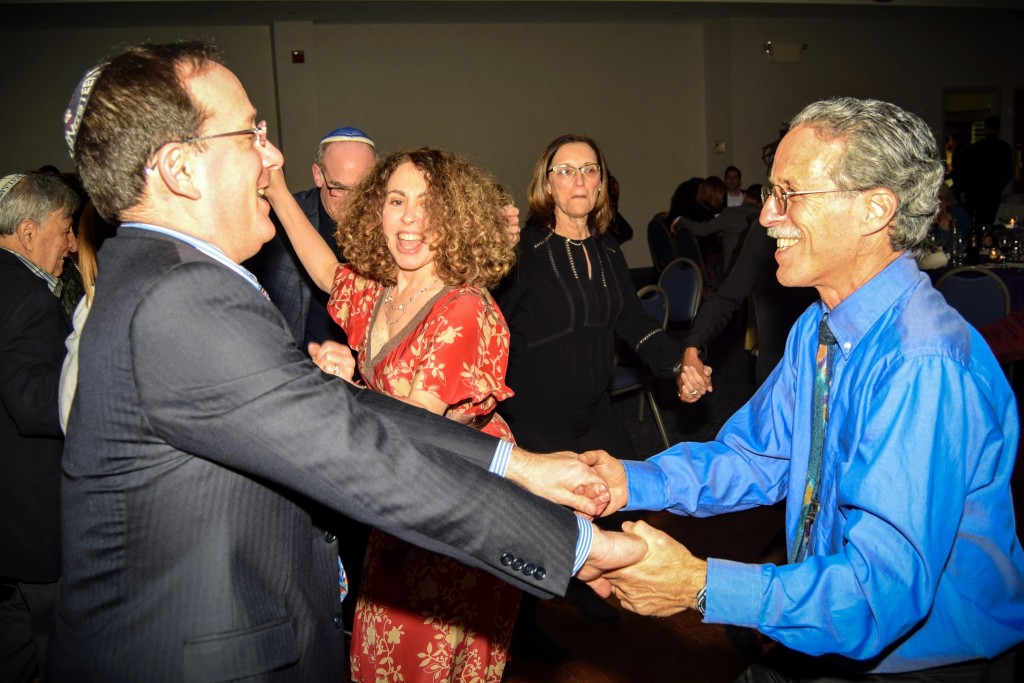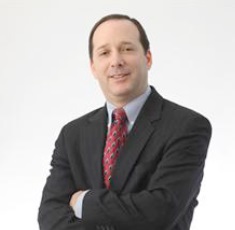 Antisemitism is defined as “hostility towards or discrimination against Jews.” Racism is defined as “poor treatment of or violence against people because of their race.” Fifty years ago, these definitions were sufficient: bigots proudly and explicitly proclaimed their hatred towards Jews and African-Americans. Today, however, antisemitism and racism have become more covert, more indirect, and in some ways more insidious. Therefore, the need to define and condemn such hateful speech and acts is more important than ever.
Antisemitism is defined as “hostility towards or discrimination against Jews.” Racism is defined as “poor treatment of or violence against people because of their race.” Fifty years ago, these definitions were sufficient: bigots proudly and explicitly proclaimed their hatred towards Jews and African-Americans. Today, however, antisemitism and racism have become more covert, more indirect, and in some ways more insidious. Therefore, the need to define and condemn such hateful speech and acts is more important than ever.
When I was growing up in New Jersey in the 1970s, antisemitism ran the gamut from name calling (Kike, Christ-killer, filthy Jew) to hateful symbolism (use of Nazi signs). Today, anyone who used such language or symbolism would be immediately and forcefully condemned. But we seem, at best, lackadaisical—and at worst, accepting—of those who cloak their antisemitism in a veneer of respectability. Take, for example, academic boycotts of Israeli professors. Words like Kike are not used. But because there is no legitimate basis for such a boycott targeted against only one nation, the practical effect of these boycotts is antisemitic.
Continue reading →



